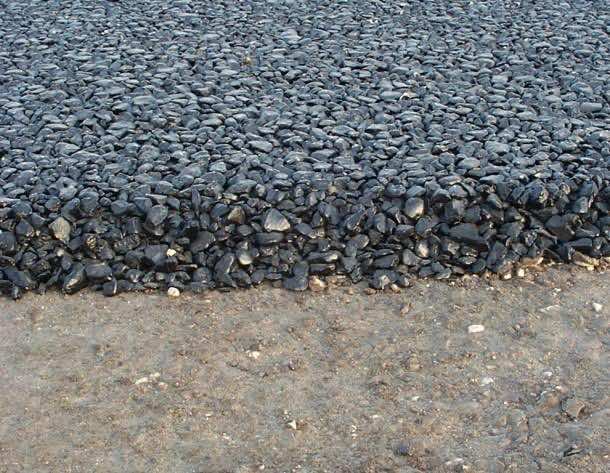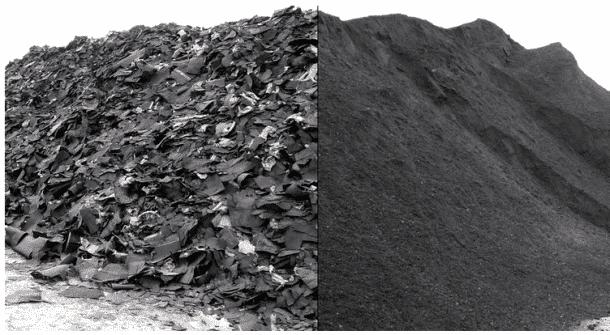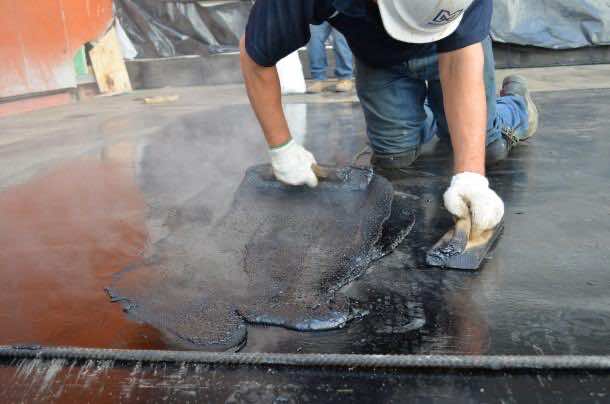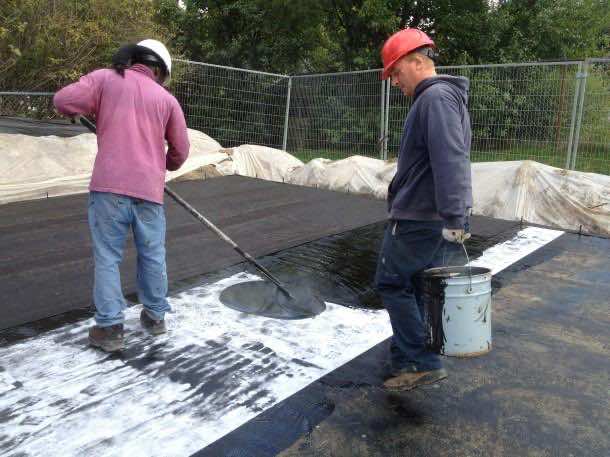Introduction
Asphalt, also known as bitumen, is a black, extremely viscous and sticky liquid (semi-solid form of petroleum). It is either found in natural deposits or is obtained via distillation as a refined product. It was also referred to as ‘asphaltum’ till the 20th century. The use of asphalt/bitumen dates back to fifth millennium B.C. It can be recycled and is in fact the most recyclable material on earth.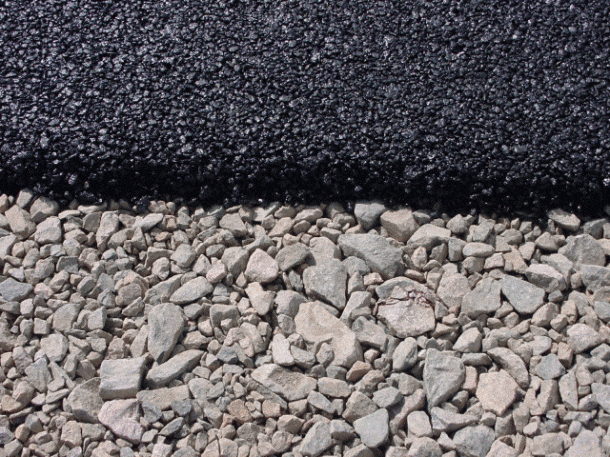
How Does Asphalt Work? 

Asphalt is solid at room temperature and to use it, we usually heat it to 300 degrees Fahrenheit along with sand and gravel in a rotating heated drum. The mixture is then moved to a dump truck and carried to site where it has to be used. If it’s a road; an asphalt spreading machine is used for laying it. The mixture usually takes hours to cool down after which the asphalt solidifies.
Types of Asphalt




- Hot Mix Asphalt Concrete
- Warm Mix Asphalt Concrete
- Cut-back Asphalt Concrete
- Asphalt Emulsion
- Rolled Asphalt
Applications of Asphalt




- Road Construction
- Waterproofing
- Roof Sealing
- Concrete
Precautionary Measures 


- The working temperature of Asphalt is high.
- Workers should wear protective clothing.
- All the workers must be aware of first aid.
- Dump truck’s route should be kept clear.
- Workers should not move in between paving machine and backing trucks.
- Workers must be active and observant at all times.






